Micro-dosing for MDD Clinical Trial
PARTNERSHIP


ABOUT OUR PARTNERSHIP
MAPS Canada is partnering with CCPS toward a common commitment to support the utilization of psychedelic-assisted therapies through the conduct of a clinical trial to address mental and physical health challenges and promote wellness.
As part of this partnership, CCPS will conduct a University of Toronto-sponsored clinical trial to examine the effects of sub-hallucinogenic doses of psilocybin on MDD. MAPS Canada will support this project by raising funds that will go directly towards completing this clinical trial.
ABOUT THE CLINICAL RESEARCH

WHY IS THIS STUDY IMPORTANT?
Microdosing studies to date have been primarily observational, or have focused on healthy adult participants. While findings have been overall promising, high quality randomized clinical trials focusing on specific medical conditions are also needed to evaluate microdosing as a potential clinical intervention.
This study is groundbreaking, being the first to examine the safety and efficacy of sub-hallucinogenic doses of psilocybin on clinical depression, using a randomized, placebo-controlled design. The protocol design is focused on scientific rigor and inclusiveness. To address the former, all hypotheses are pre-registered and state-of-the-art statistical methods are used. To address the latter, the study only runs on weekends, allowing people from all walks of life to participate. The outcomes of this study will inform policymakers, clinicians, scientists, and the general public about the potential efficacy of microdosing to improve mood.
WHY MAJOR DEPRESSIVE DISORDER ?
Major depressive disorder (MDD), also known as clinical depression, is a prevalent and debilitating psychiatric condition characterized by persistent and pervasive low mood, loss of interest or pleasure in daily activities, and a range of cognitive and somatic symptoms. The impact of MDD extends beyond the realm of individual suffering, exerting a substantial burden on the affected individuals, their families, and society as a whole (Gutiérrez-Rojas et al., 2020). Addressing MDD is of paramount importance due to its significant negative consequences, including impaired social and occupational functioning, increased risk of comorbid psychiatric and physical disorders, elevated mortality rates, and heightened economic costs (Greenberg, 2018). By identifying novel treatments for MDD, stakeholders can foster timely and effective intervention, thus mitigating the adverse effects and promoting improved well-being and quality of life for those affected. Furthermore, addressing MDD can contribute to the reduction of healthcare utilization, enhance productivity, and facilitate the overall advancement of public health initiatives.
People suffering from MDD are a suitable population for microdosing trials due to the potential therapeutic effects of microdosing on symptoms of depression. Much of the existing literature on the utility of psychedelics focuses on the impact they have on MDD, especially in treatment-resistant populations (see Goldberg et al., 2020 for a meta-analysis). A recent double blind study (Carhart-Harris et al., 2021) study showed therapeutic potential of psilocybin for the treatment of MDD. Recent research suggests that microdosing may offer a promising alternative therapy for MDD, as it has been associated with improvements in mood, motivation, creativity, and cognitive flexibility (Petranker et al., 2020), without inducing hallucinations or impairments in daily functioning. Furthermore, microdosing may help to mitigate some of the adverse effects associated with conventional antidepressant medication, such as tolerance, withdrawal, and side effects. Given the high prevalence of MDD and the limitations of current treatments, exploring the potential benefits and risks of microdosing in this population may provide valuable insights into novel therapeutic approaches for depression.
ABOUT CANADIAN CENTRE FOR PSYCHEDELIC SCIENCE
The Canadian Centre for Psychedelic Science (CCPS) is a Canadian-based hub for excellence in psychedelic research with a focus on microdosing. The CCPS has published some of the first papers about the subject with a focus on scientific rigor and accuracy. Their aim is to create a model for psychedelic research which looks at the benefits and drawbacks of psychedelics equally, and create equitable access and harm reduction strategies for these substances.
“As scientists first, the key to working with us is Open Science. We see it as a non-negotiable part of what we do. Open Science means transparency: all our hypotheses, protocols, and data will be made public and free for everyone. Our transparency keeps us accountable and accountability makes us trustworthy. We cannot hide mistakes or judgment calls, engage in fishy statistics or selective reporting, or pretend that we know something we don’t. Open Science means that everything we do will be shared with the public, who is the ultimate owner of all of our work.” – CCPS
HOW YOU CAN HELP
Contact us to support this project: research@mapscanada.org
